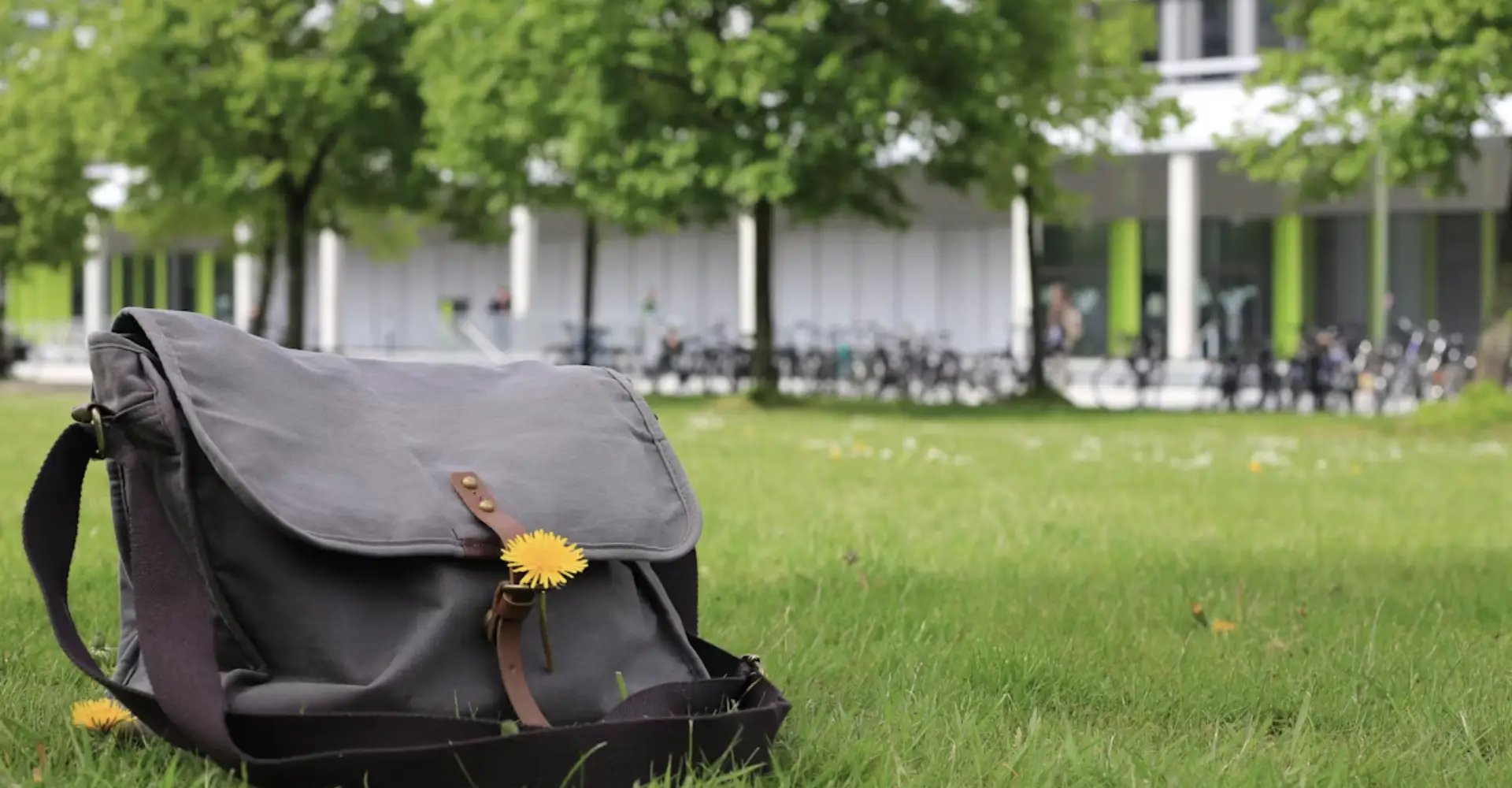
Before you move abroad, it’s really easy to downplay the gap between your home and host cultures. I studied abroad in Normandy, France, just a stone’s throw away from England and the differences still abounded! Not understanding the customs of your host culture can result in some awkward exchanges. This guide will help you understand how to adapt to your new culture when studying abroad to avoid those uncomfortable instances.
What do you need to know?

It can be overwhelming when you don’t know where to start when you’re trying to adapt to a new culture. In my opinion, the best places to start include: how to greet someone (friend and stranger) , how to send a formal email, how to order food and tipping culture. Different countries expect different levels of formality. For example, I quickly learnt that sending emails to my professors in France required a drastically more formal register than emailing English professors. There are set expressions to learn when sending an email, (for example your host country’s equivalent of “Dear Sir/Madam” and “king regards”) that you will just need to know. Moreover, in France you must say “bonjour” when walking into a shop/café/restaurant, otherwise expect to receive the worst customer service imaginable. Focus on these little things and your social interactions will be far smoother.
Use social media
Someone has already lived an experience before you have; and they have invariably made a video about it. Tiktok is now your best friend. Online, people are willing to reveal all their embarrassing stories that you can learn from. If you type “what I wished I knew before moving to *insert host country here*” into any social media platform, you will come across pages of videos where people explain all their social and cultural faux pas. These videos highlight what not to do and also what to do. The good thing with social media is that stories you’re hearing are real and lived experiences, and are usually more up-to-date than say, a book. Cultures are constantly evolving. If you don’t want to download Tiktok, I recommend watching “day in my life” vlogs on Youtube. These are equally as useful.
Watch reality TV

Don’t knock it before you try it! In a similar vein to social media, reality TV provides you with a window into your host country’s culture. If you look beyond the drama, you can see the mundane things that make up a culture. Reality TV is a good anthropological study and it also will help you to sharpen your language skills.
Students in the year above
Once again, the students who have done it all before you are a wealth of knowledge. I highly recommend getting in contact with them (my home university gave us a list of students in the year above who were willing to help) and asking them what they wish they knew. They might give you a perspective that you hadn’t considered before. A student who helped me, taught me how to write emails to professors, for example.
Observe people

When you’ve just started your year abroad journey, you will learn so much just from watching and copying people. I learnt that you have to say hello the second you walk into a shop in France, as that is what all the French people were doing. You do have to consciously tune in but it is so useful. Copy what the locals are doing and you’ll fit right in.
Don’t lose your sense of identity
Your culture is so essential to your sense of identity. In pursuit of integration, do not forget who you are! Oftentimes, people in your host country will have a lot of grace for your little cultural slip ups when they find out you’re an exchange student. At least in my experience, people were very forgiving when I would send an email that maybe was not as formal as it should have been. Be open to constructive criticism, as I am sure you just want to do your best, but don’t dwell too much on your mistakes. Learning about a new culture will help you to appreciate your own and how it forms your identity!
Adapting to a new culture is a fun experience if you do it right! Take time to learn from various sources and don’t be too harsh on yourself. If you ask locals to explain customs and norms, they’re usually very happy to oblige and they might even have some questions for you about your own culture! Be open-minded and enjoy the process. Alongside this Unifresher guide, you will be well prepared for your time abroad!






